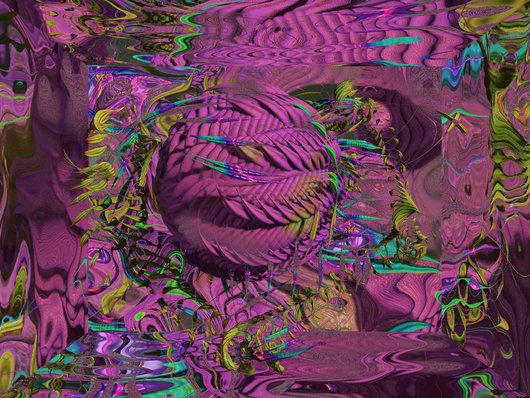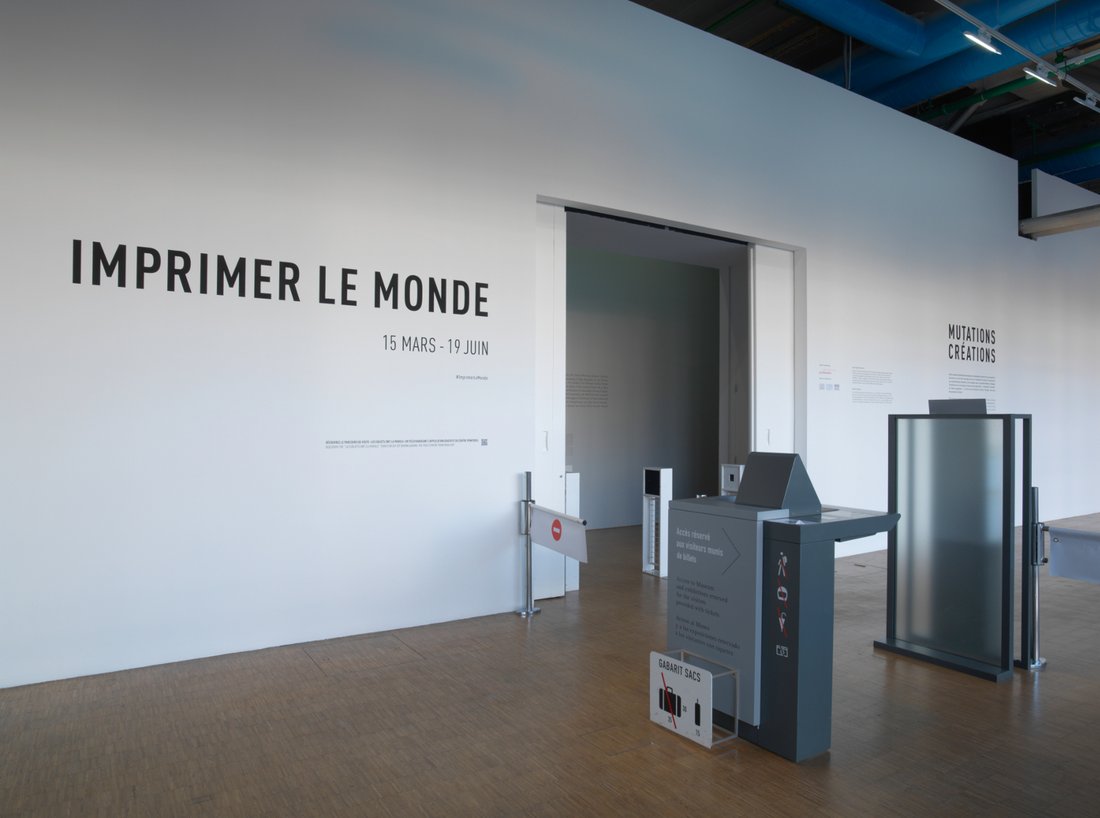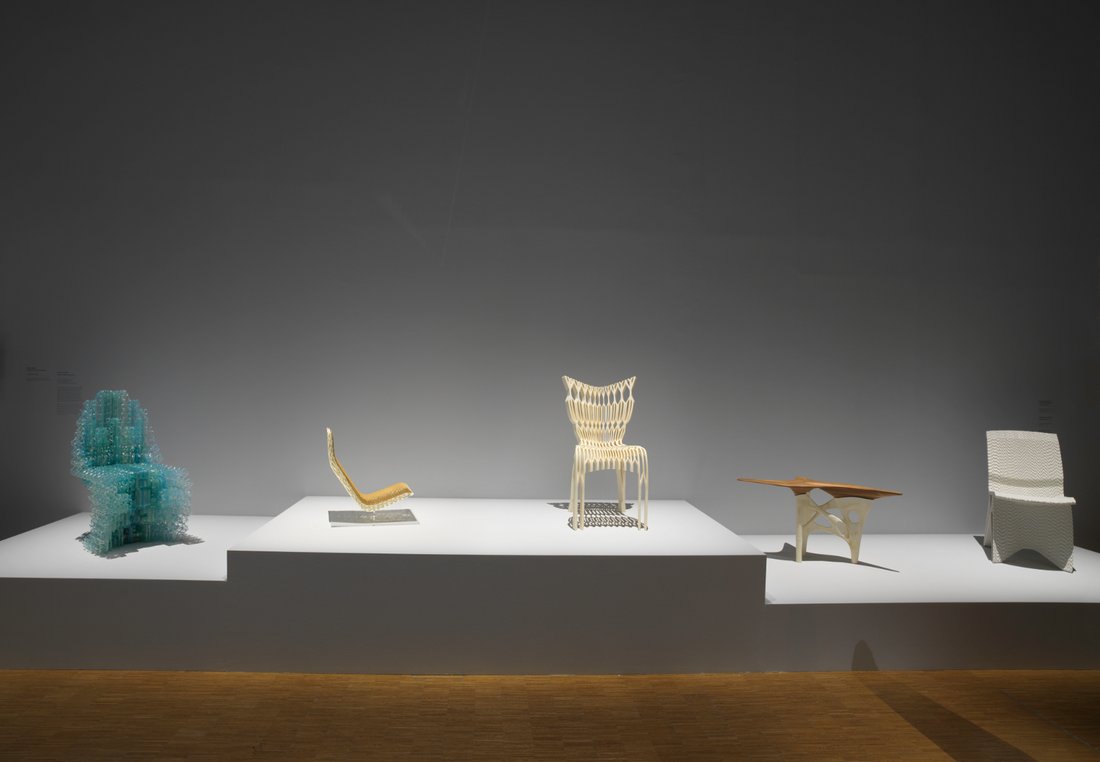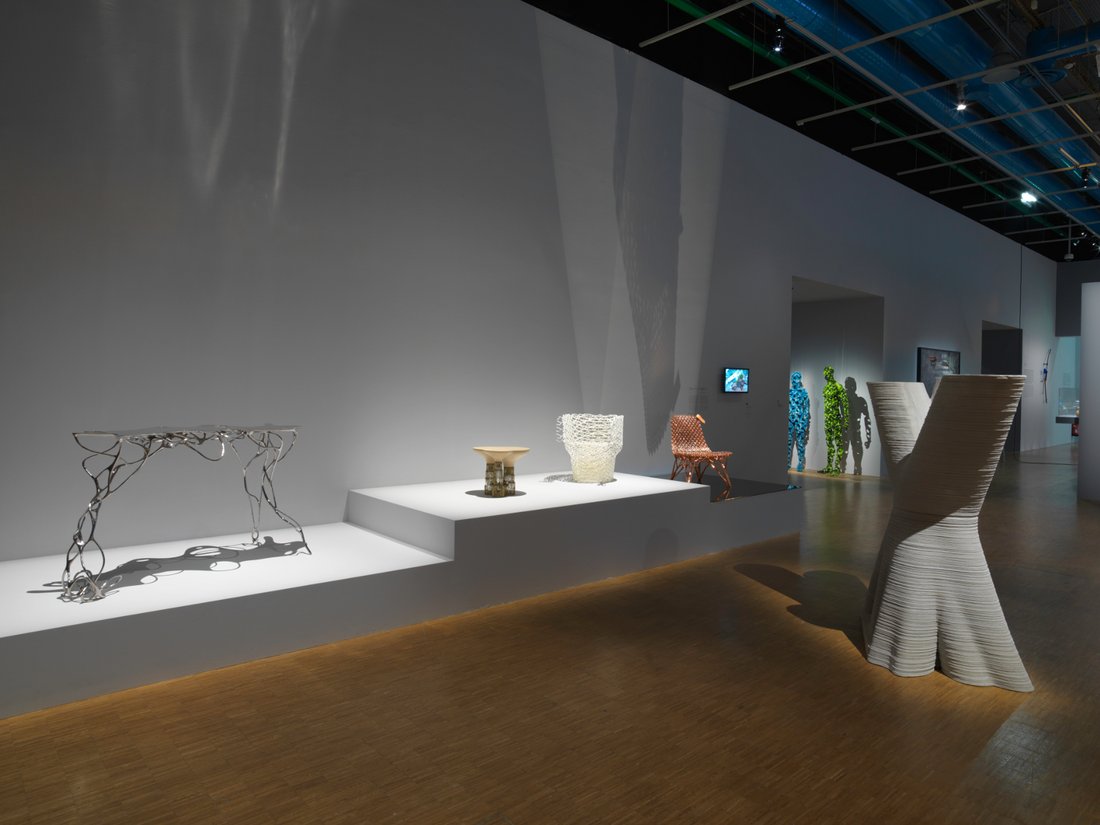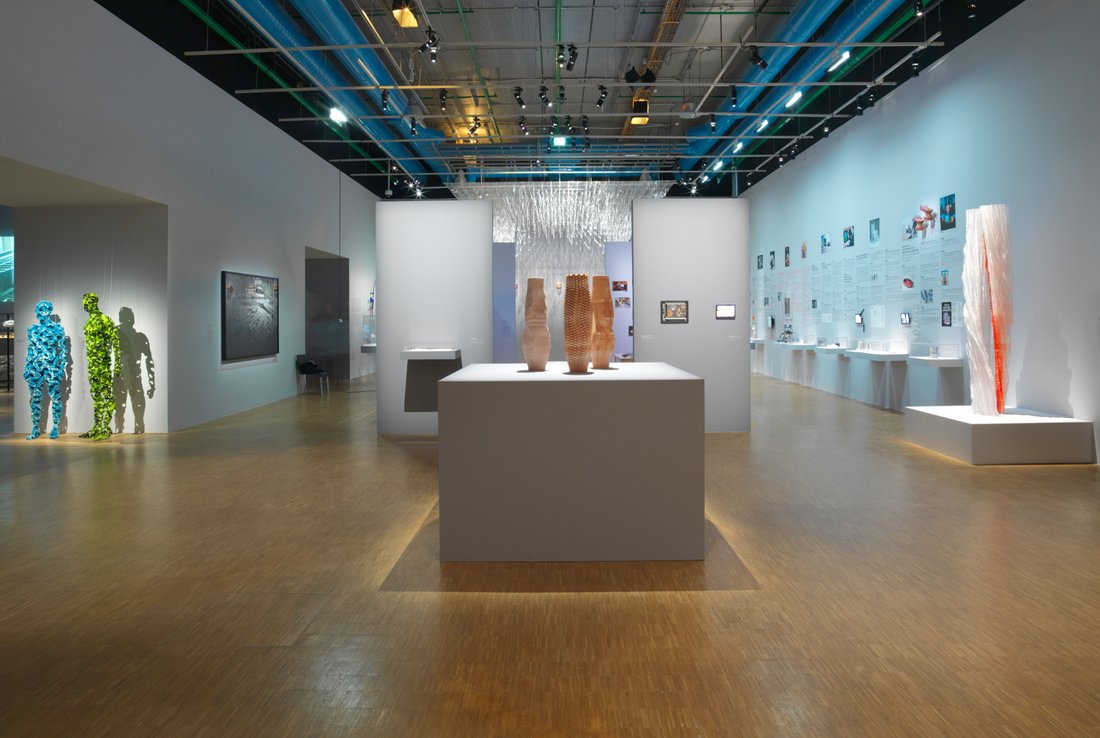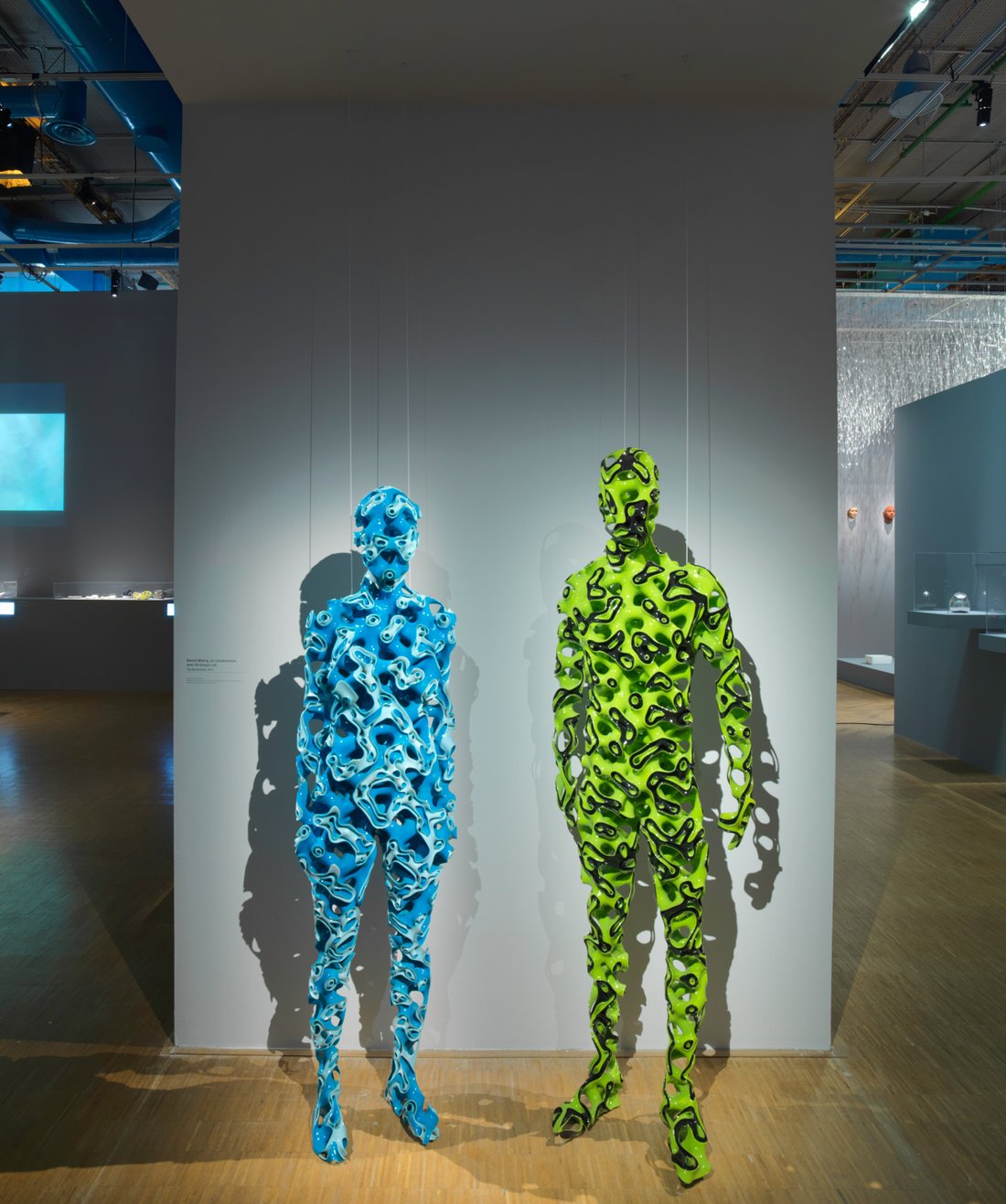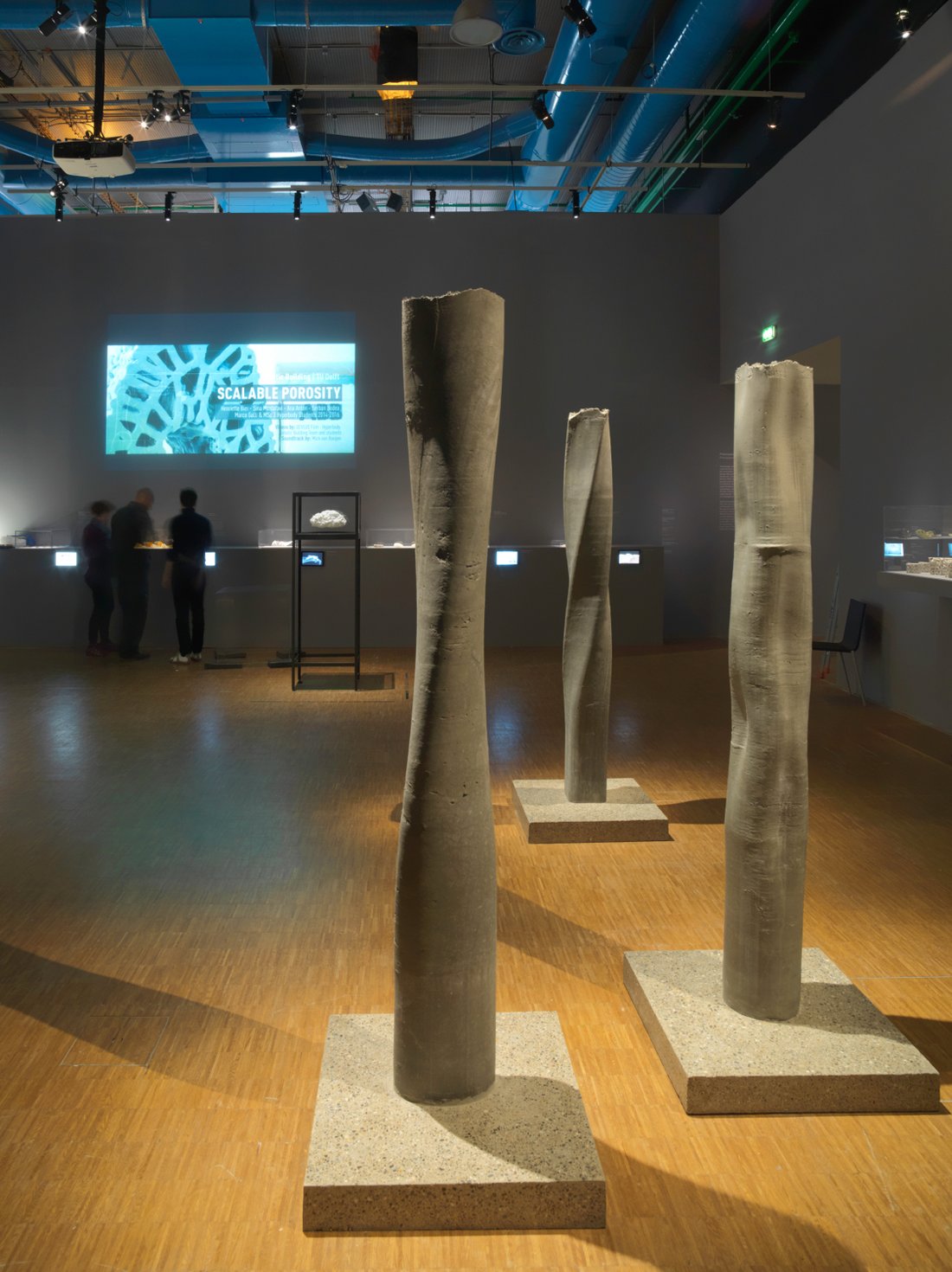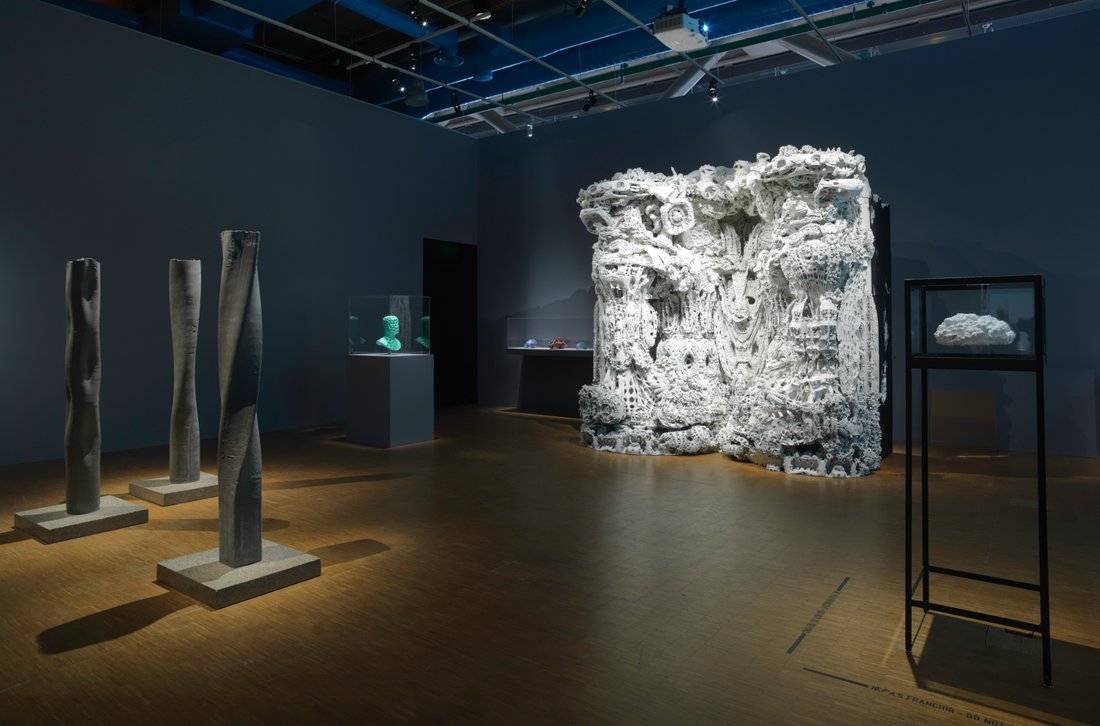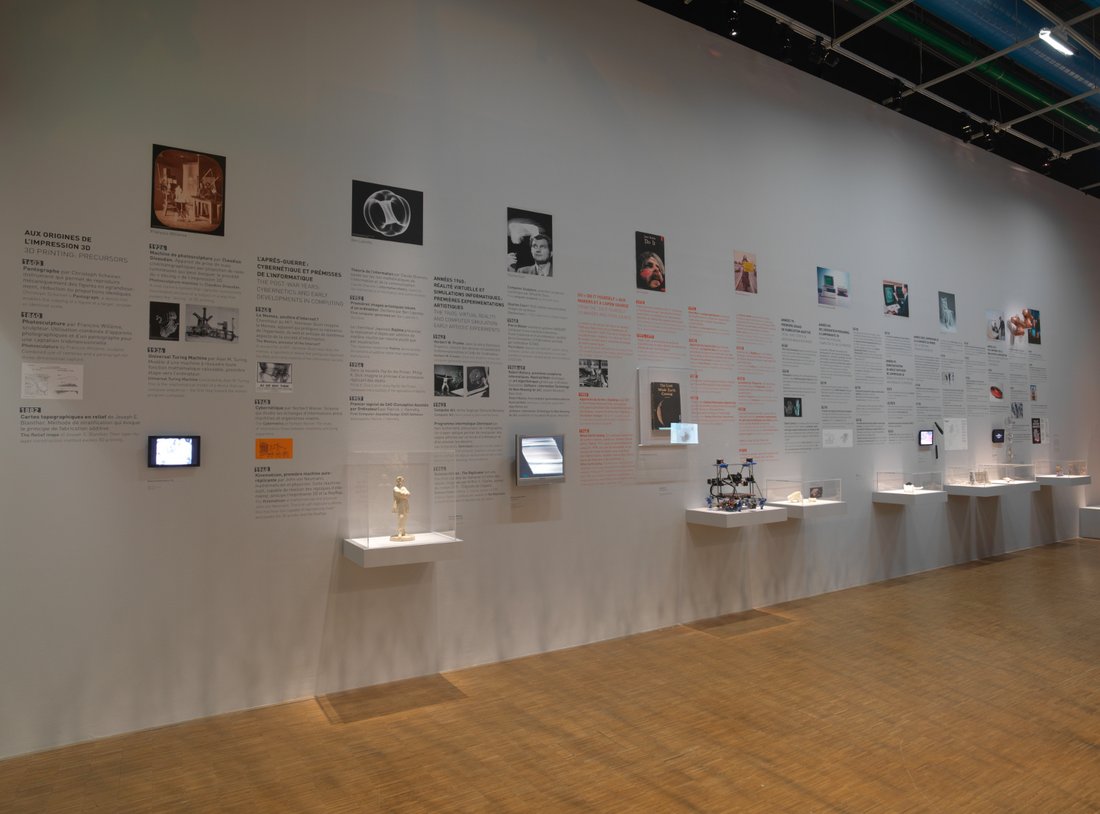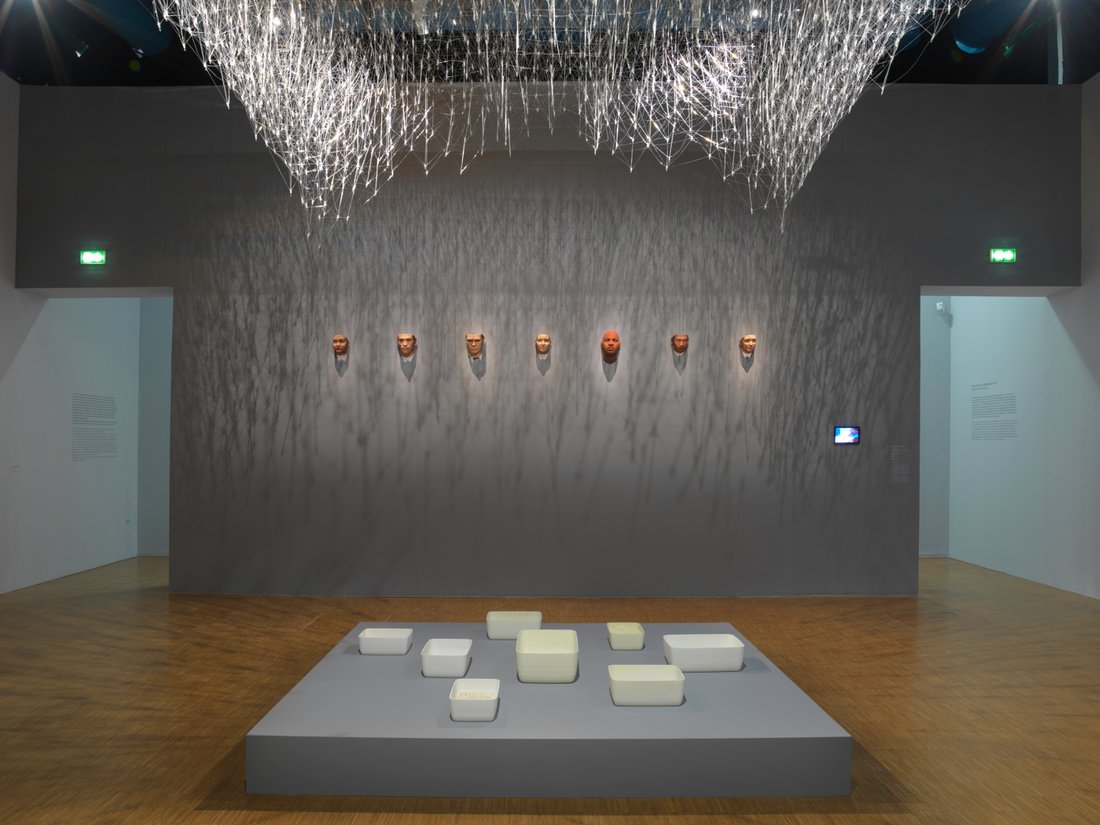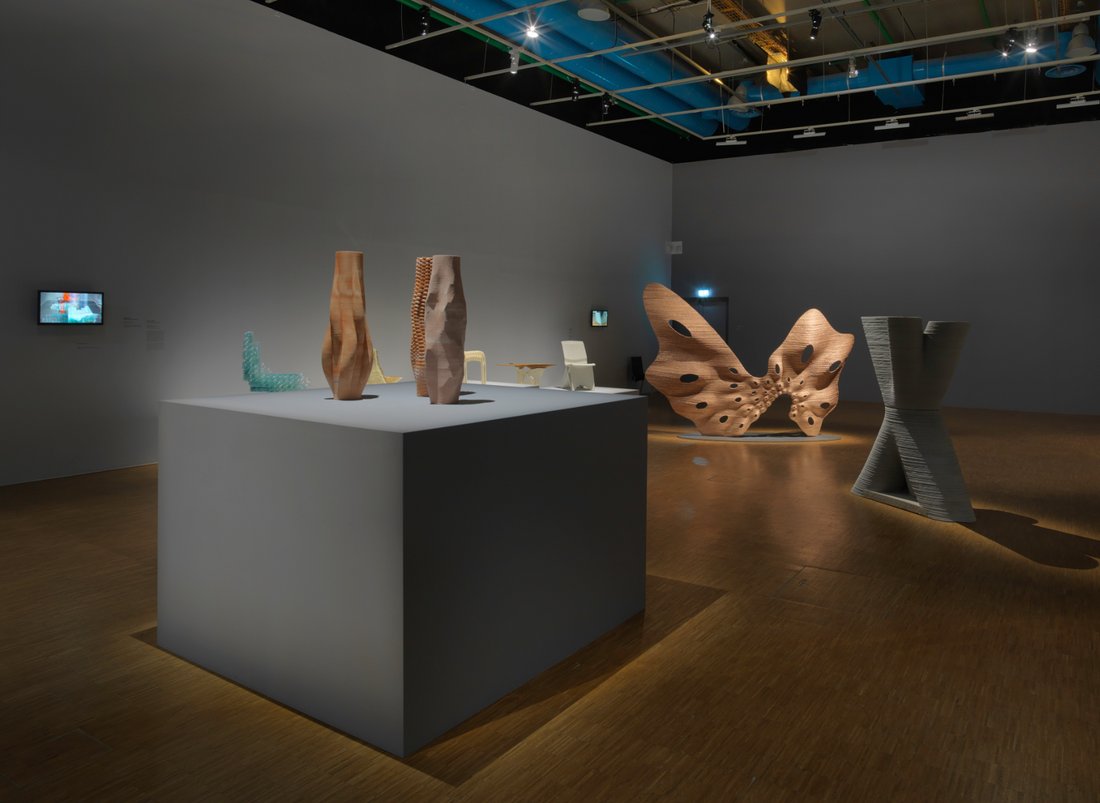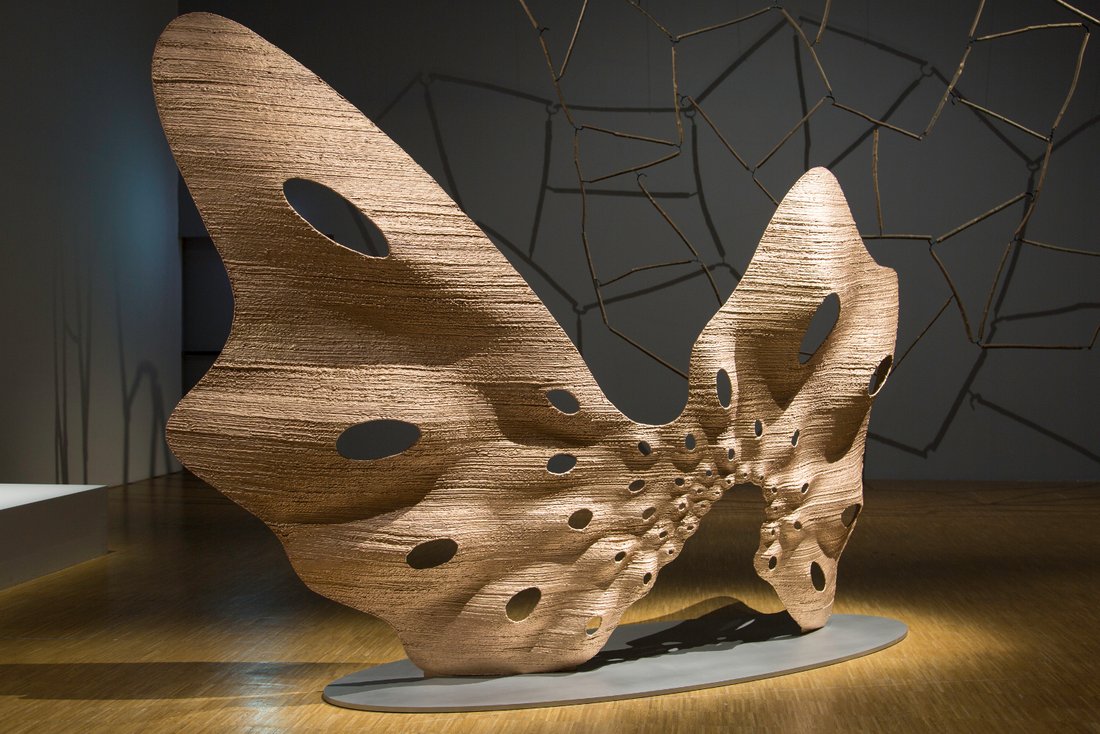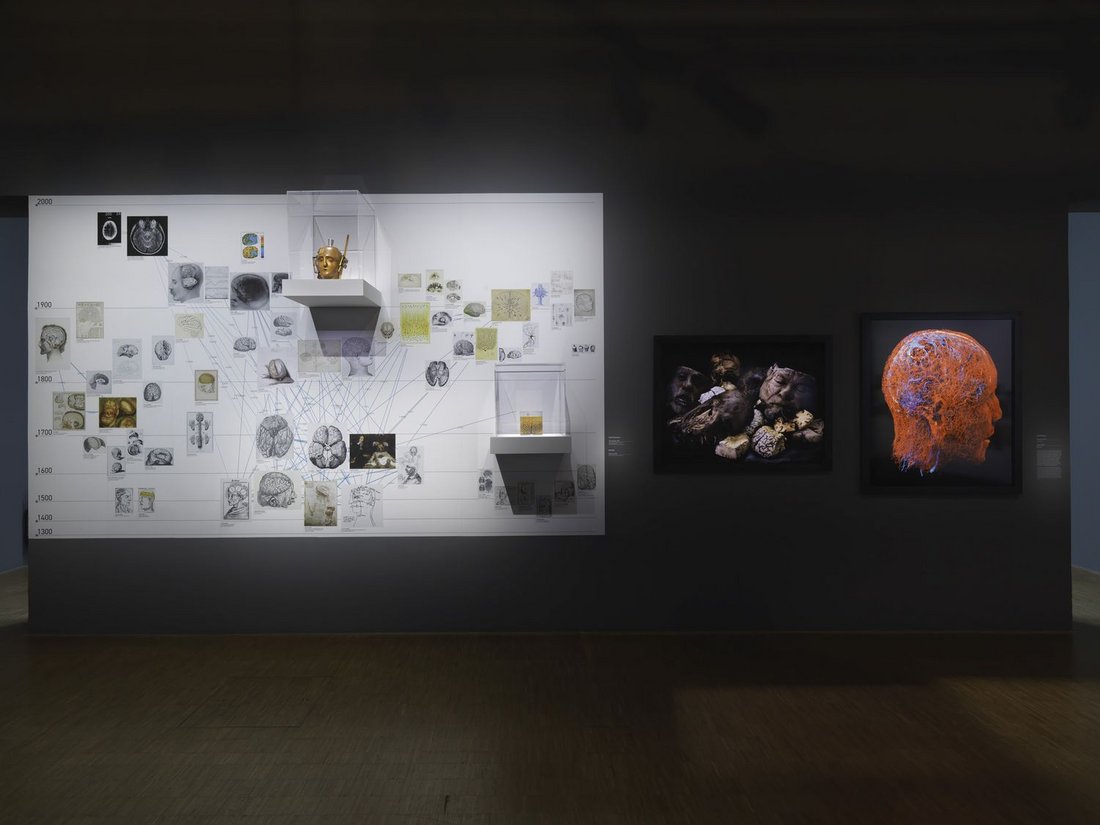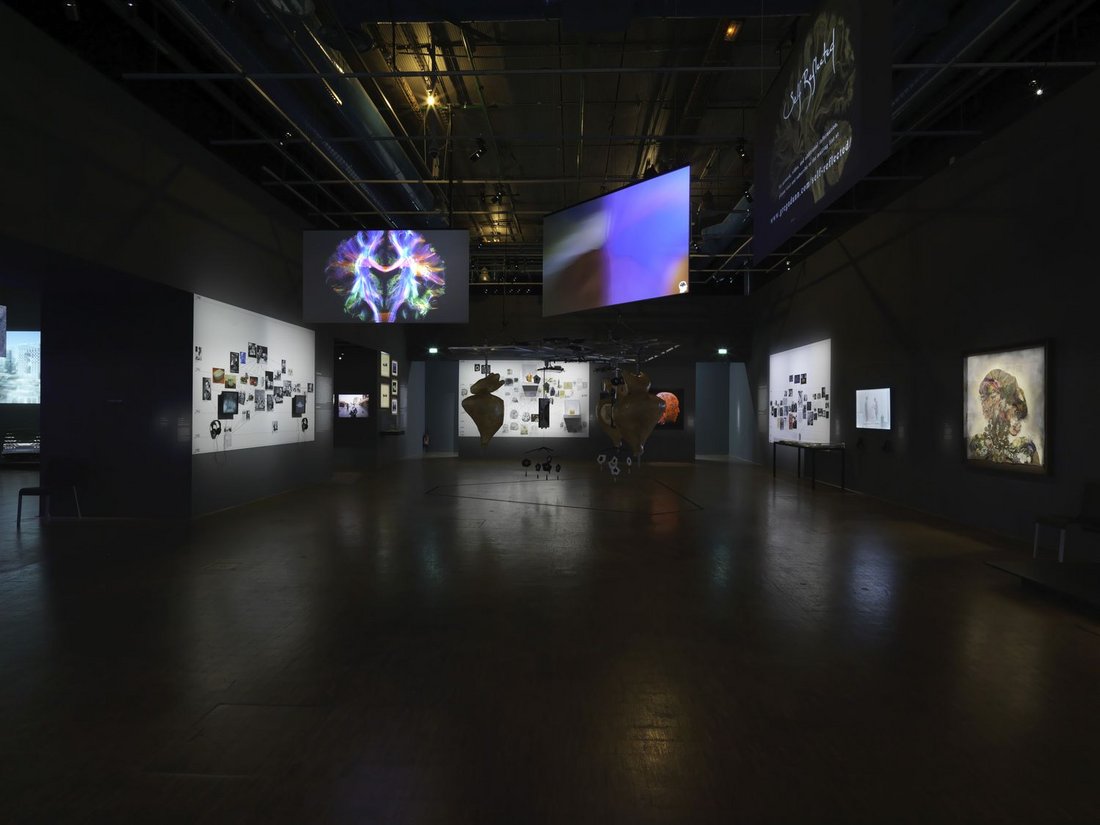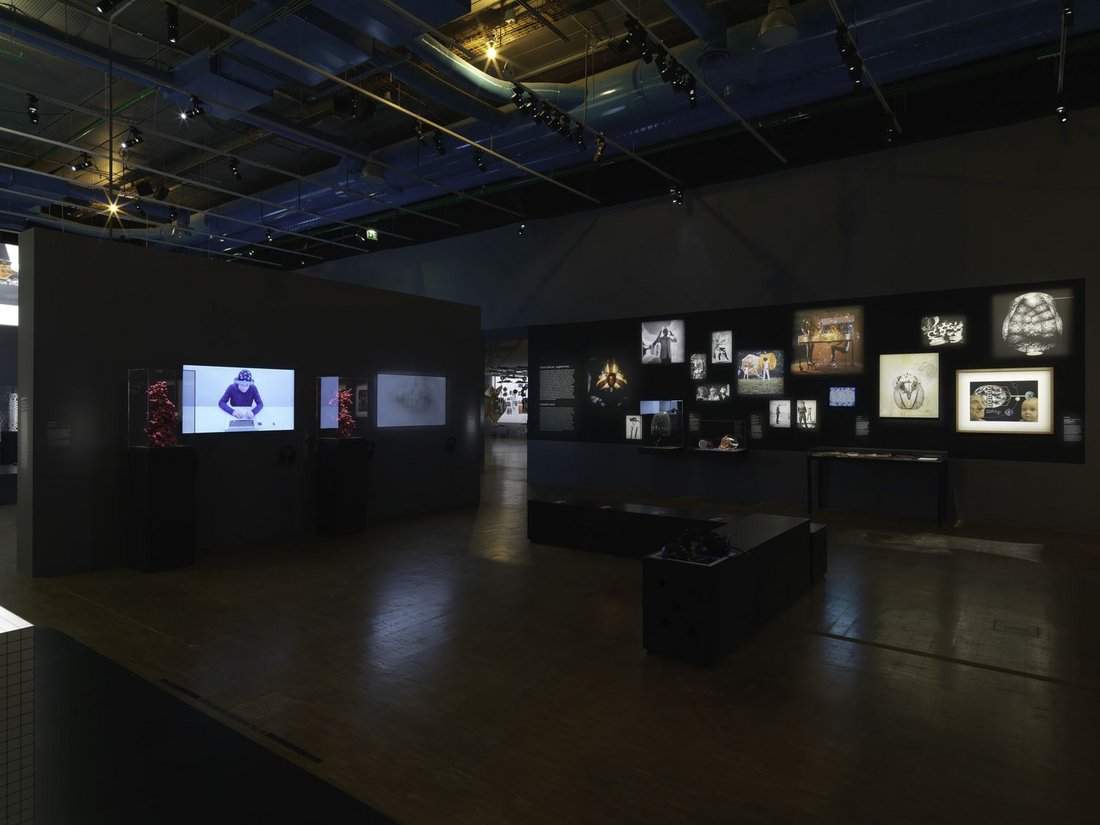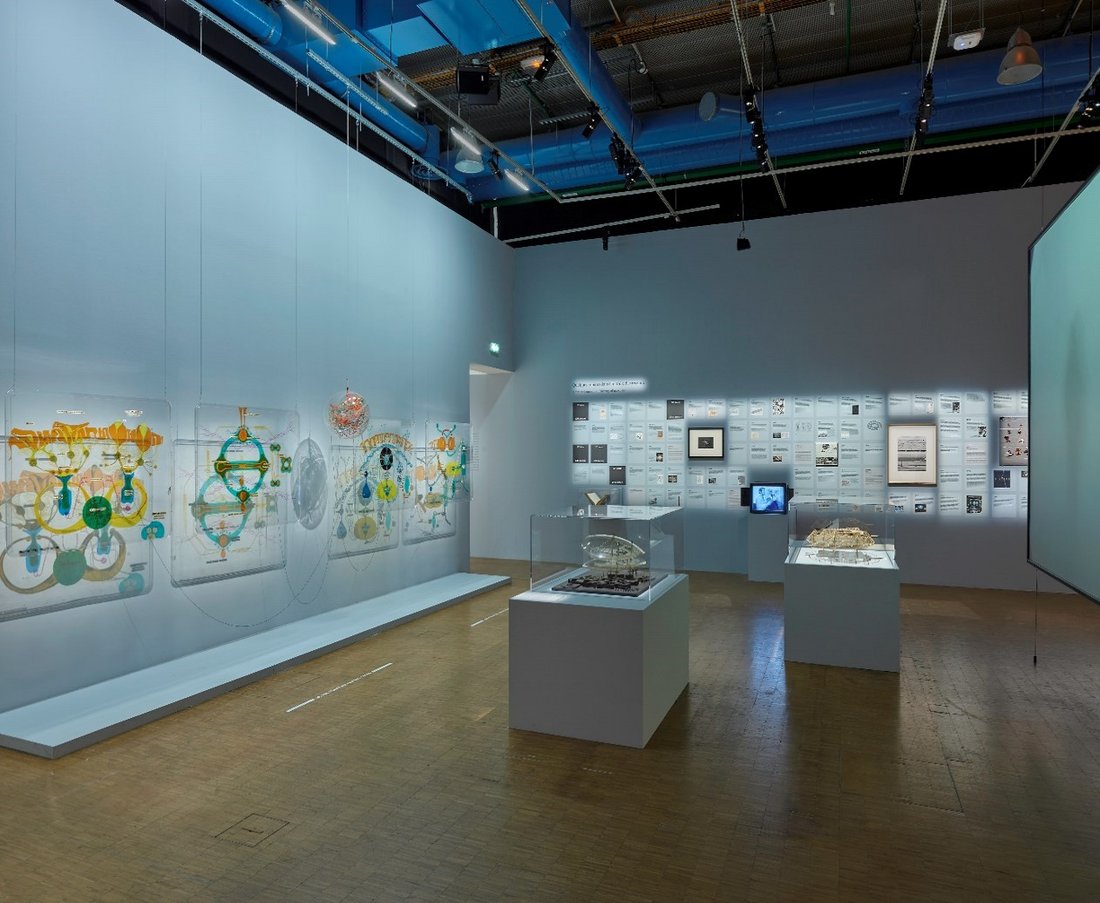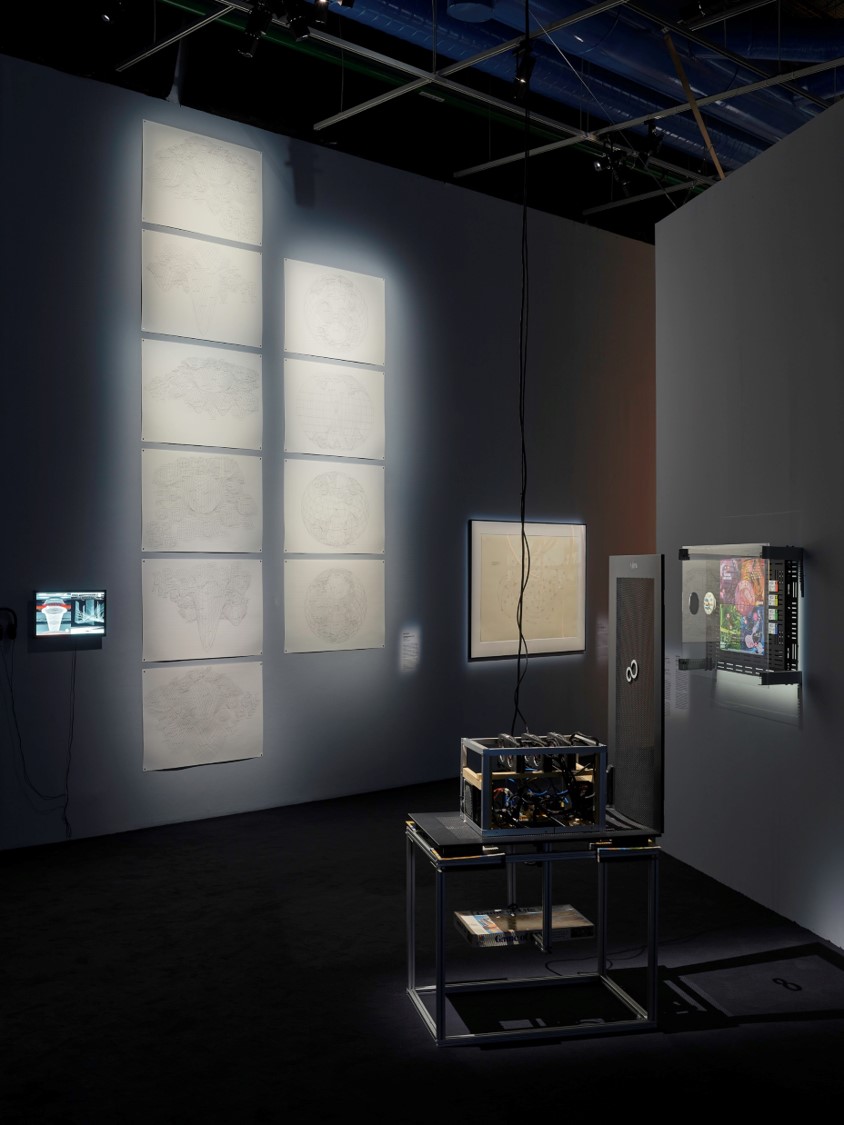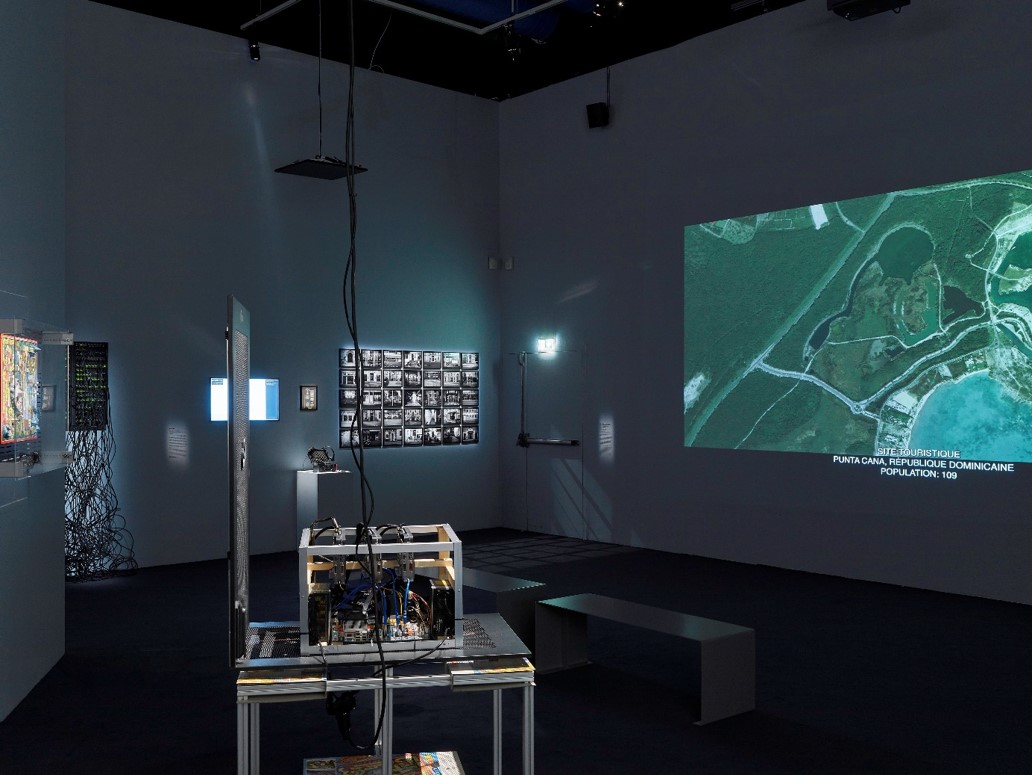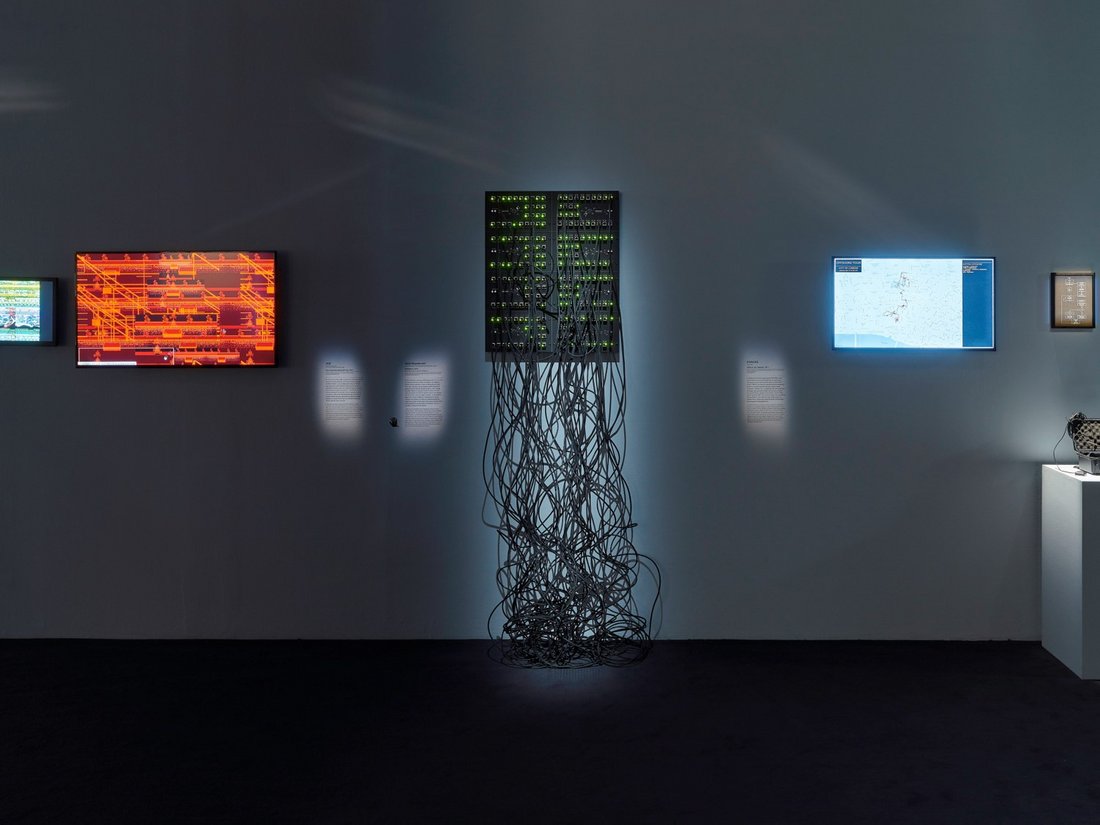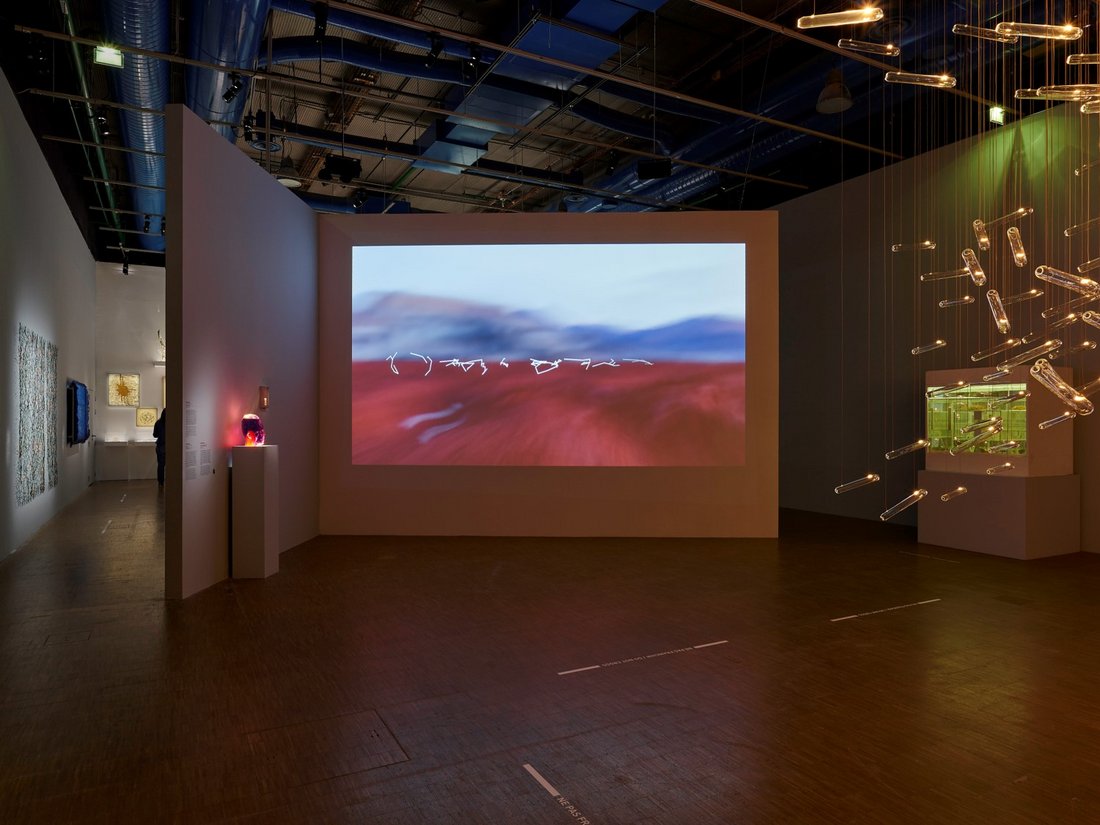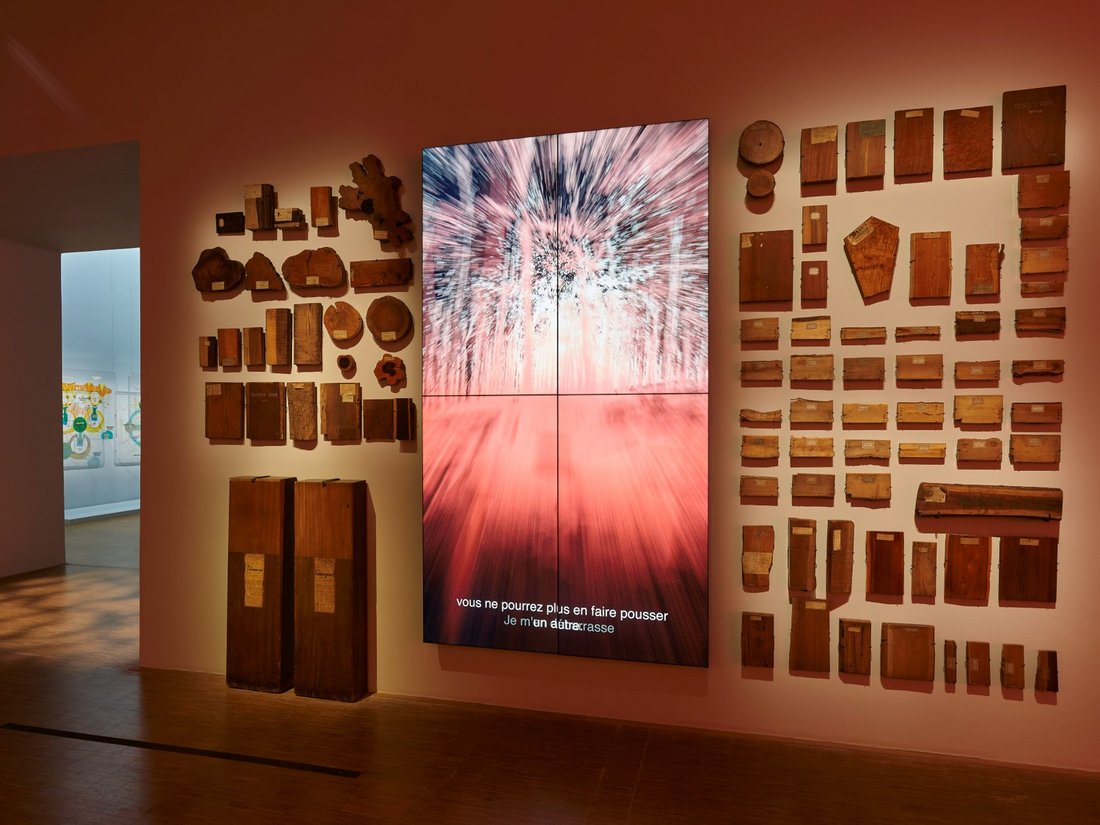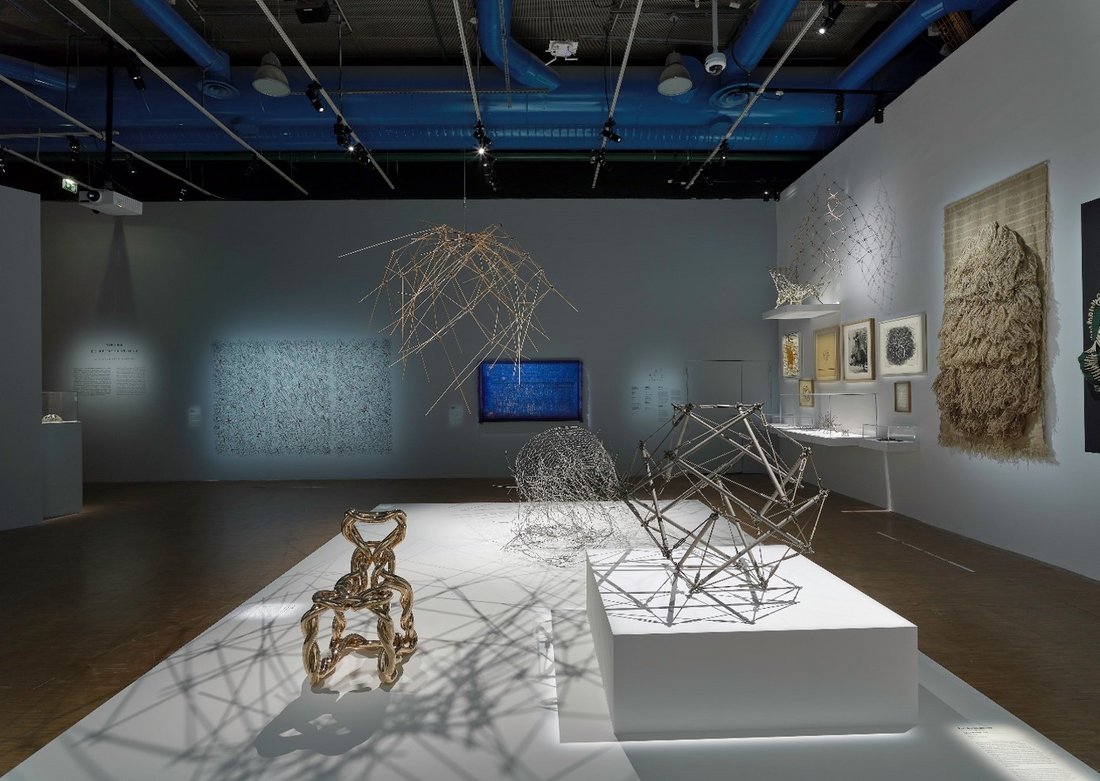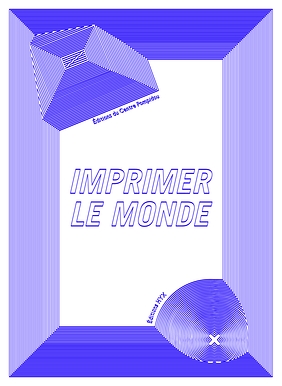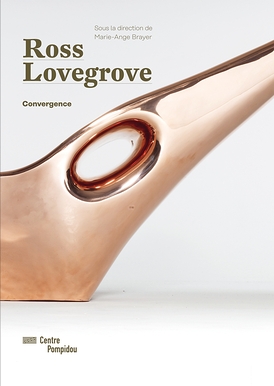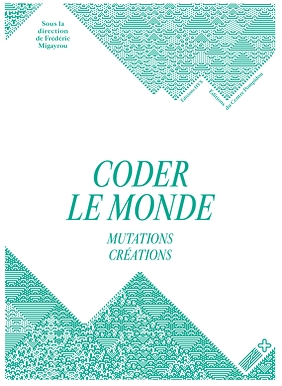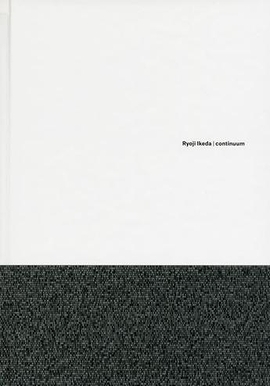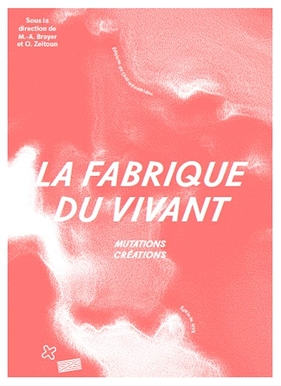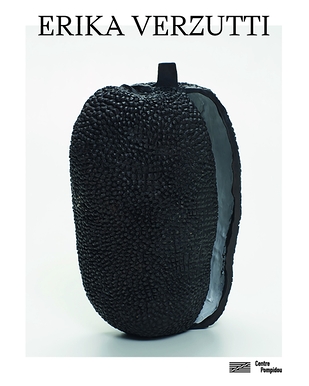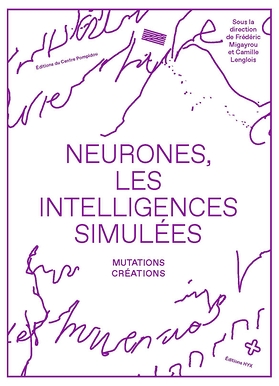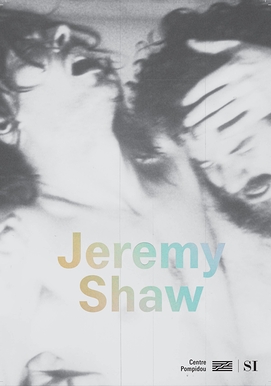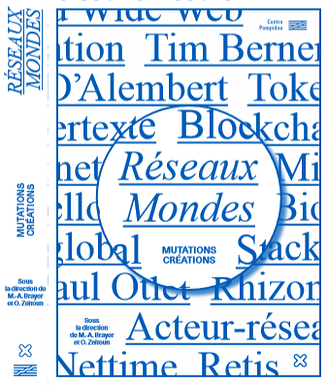Mutations/Creations
Presentation
In 2017, the Centre Pompidou initiated a new event entitled Mutations/Creations, focused on the prospect and interaction of digital technology with creation; a realm shared by art, innovation and science. At the crossroads between fields, combining research, art and engineering, this annual event is co-organised by the Musée national d’art moderne and IRCAM, and calls on art, architecture, design and music.
This platform for solo and themed exhibitions acts as a critical observer and analytical tool of the impacts of creation on our society. How do various fields of creation use digital technology to open new industrial perspectives? How do they examine the social, economic and political effects, or the ethical limits of such industrial developments? What form do the mutations in the fields of music, art, design and architecture take, relative to techno-scientific progress? At the heart of Mutations/Creations, the artist encounters the engineer, the philosopher encounters the designer, scientific innovation and technology draw inspiration from new thought, design and production processes.
In close synergy with the exhibitions, IRCAM presents Vertigo, its annual forum supported by the European Commission’s STARTS programme. This event host meetings, performances and shows in a dialogue between music, the arts, engineering, scientific research and new technology. The multitude of exchanges between creation, research and teaching is embodied by numerous partnerships with universities, research laboratories, and schools of art, architecture or design.
First edition, 2017
March – July 2017
The first edition, on the theme "Digital Shapes", opened with the exhibition "Imprimer le monde" [Print the World]. Between speculations and concrete experiments, the digital technology of 3D printing launched a new industrial revolution. What is the new status of a work and its author in the era of automation of the creative act and co-creation on open source platforms? This group exhibition brought together a new generation of artists, designers and architects, who use the same digital design tools and have adopted 3D printing technology. A time line reaching back to the origins of 3D printing in the fields of art, design, architecture and science, the exhibition also presented new creations and acquisitions by the Centre Pompidou.
A unique retrospective devoted to the work of British designerRoss Lovegrove was held in parallel, thus opening a dialogue between nature and technology, and revealing a "holistic" vision of design through his visionary technique. As early as the 1990s, Ross Lovegrove incorporated digital mutations into his approach, advocating an economy of materials and nature-inspired forms. This exhibition highlights the new role of design in the post-industrial era, a period of shift from the mechanical to the biological.
Forum Vertigo: 3D modeling and the new materializations of digital technologies (replay)
Second edition, 2018
July – August 2018
With computer coding as its core theme, the second edition of "Mutations/Creations", "Code the World", in 2018, explored a form of technology which exists in all industrial sectors, has shaken up the fields of information and our cultural practices and has become a new universal language. Tracing its history and the way in which artists have made use of digital coding since the emergence of computers in the 1960s, the exhibition revealed a common aesthetic and critical world, which questions our daily lives irrigated by digital logic. Structured around 6 time lines, the exhibition showcased numerous connections in creative logics and provided an overview of what constitutes digital culture.
An exhibition by Japanese artist Ryoji Ikeda, including two immersive installations combining perceptive phenomena and mathematical equations, was held alongside the event.
Forum Vertigo: Code-Decode the World (replay)
Third edition, 2019
February – April 2019
The third edition of "Mutations/Creations" retraced an archaeology of the living and artificial life in artistic creation. The exhibition "La Fabrique du Vivant" [Designing the Living] in 2019 presented the recent works of some fifty artists, designers or architects, in addition to the work of scientific laboratories. Biotechnologies are now a medium used by artists, designers or architects. Between the inert and the living, new intermediary states of artificiality emerge, challenging the notion of "life". Design now makes use of "biomanufacturing" and of new "disruptive technologies" around living matter. Bio-materials made from organic life (fungus mycelium, laminar algae, bacteria and yeasts, etc.) have led to new sustainable and biodegradable objects. The study of life behaviour (animal or plant) has inspired innovative architectural projects. In this era of digital technologies, artists draw on the world of biology, developing new social and political environments based on the question of the living. The very matter of this exhibition was changeable, as certain works underwent a process of growth or decay. The sound installation Biotope, by the composer Jean-Luc Hervé and presented by IRCAM, punctuated the exhibition pathway, like a living organism interacting with visitors’ movements.
In parallel, an exhibition of organic sculptures by the Brazilian artist Erika Verzutti explored the boundaries between nature and the artificial.
Forum Vertigo: Artistic and societal issues surrounding biotechnologies (replay)
Forth edition, 2020
February – July 2020
With the "Neurons. Simulated Intelligence" collective exhibition, the fourth edition of "Mutations/Creations" proposed a critical perspective on intelligence simulation technology to demystify the idea of artificial intelligence, which is omnipresent today, by contrasting human intelligence with mechanical, machine and computer simulation. By addressing the history, if not the archaeology, of artificial intelligence, the exhibition highlighted the continuity of the evolution of the use of neuronal networks in the computational domain, both for neuroscience and developing applications in the field of artificial intelligence and deep learning.
Through five research themes, the exhibition compared the chronology of creations and innovations – past and contemporary – of artists, architects, designers and musicians with research by major scientific and industrial laboratories: representations of the brain; the logic of games; cybernetics and mobile robots interacting with their environment; the imaginary world of an extended mind; deep learning and tree-based knowledge classification.
As a counterpoint, artist Jeremy Shaw (born in Canada, based in Berlin) presented Phase Shifting Index, an original visual and sound installation dabbling in science fiction and alternative cultures, a genuine confrontation between rational and spiritual aspirations in a future posthuman era.
Forum Vertigo: Artificial Intelligence and Artistic Creation (replay)
Fifth edition, 2022
February – April 2022
The "Réseaux-Mondes" collective exhibition marked the fifth edition of "Mutations/Creations", bringing together some one hundred works by 68 artists, architects and designers from the 1940s to the present day, some of which were designed especially for the exhibition. While certain works revived obsolete networks such as the "Minitel" device, others were connected in real time to the internet, cryptocurrency networks and social networking platforms such as Twitter.
Questioning the notion of networks, of particular pertinence in an era in which the internet is at the heart of technological change and societal issues, but also in the light of the environmental crisis, the exhibition was structured into four sections: "Global Network"; "Critique of Networks"; "Nodes and Interconnections"; "Network of the Living".
A timeline presented an overview of the development of the notion of networks: from the organic network to road, river and electricity networks - which were instrumental in local planning in the 19th century - and from the immaterial networks of the information society, with cybernetics in the post-war period, to artificial networks and the influence of the internet today.
Forum Vertigo: Connecting Worlds (replay)
